Research Associates

J. Barto Arnold, M.A.
Mr. Arnold served for more than 20 years as the State Marine Archaeologist for the Texas Historical Commission (THC), and in 1997 moved to the Institute of Nautical Archaeology as Director of Texas Operations. His major project since joining INA was the location and excavation of the Civil War blockade-runner Denbigh located at Galveston. With the THC, Mr. Arnold’s projects have included the excavation of the 1554 Spanish wreck San Esteban and the discovery of La Belle, the 1686 wreck of the French explorer La Salle.
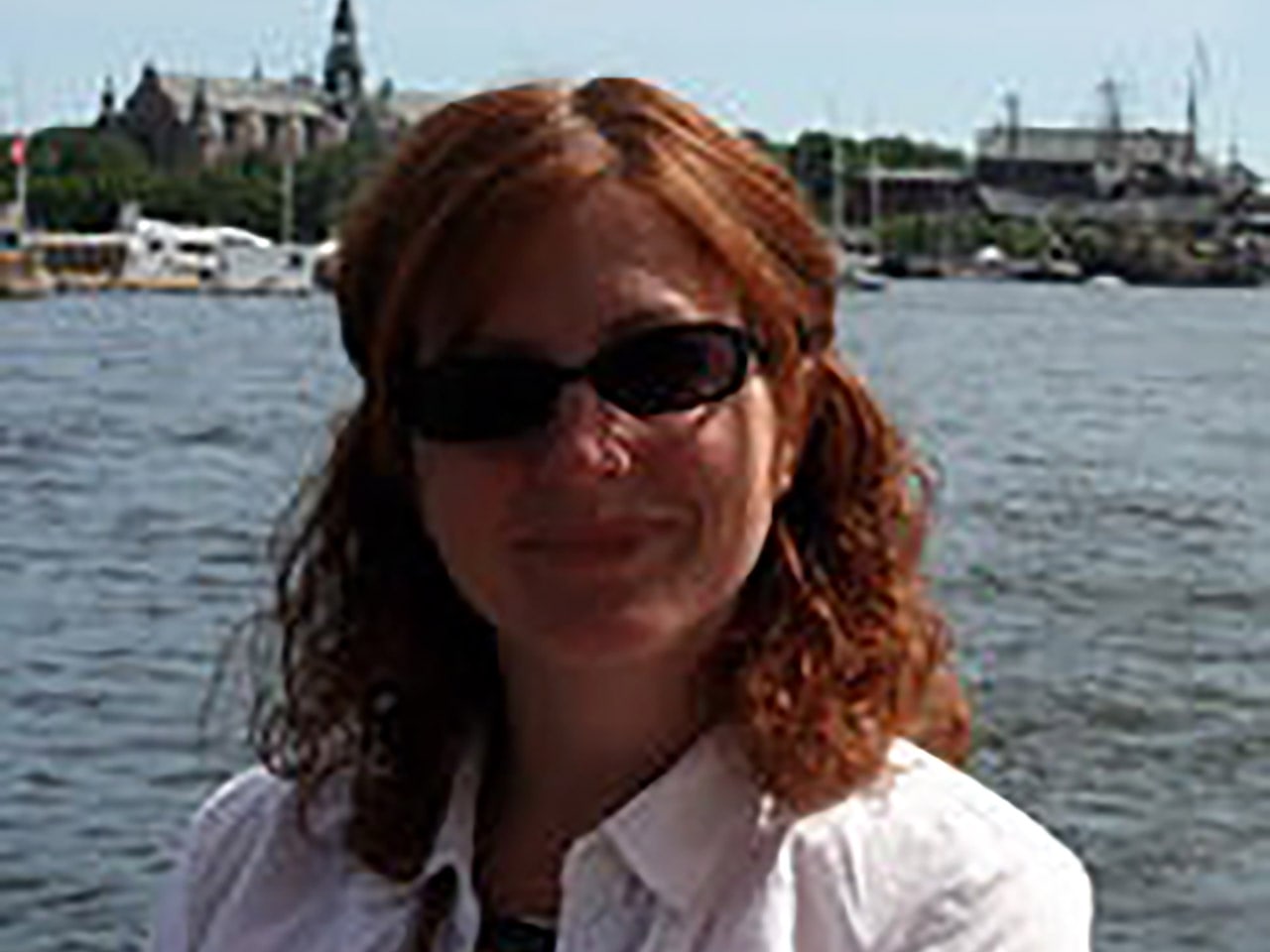
Katie Custer Bojakowski, Ph.D.
Dr. Custer Bojakowski received her Ph.D. in Anthropology through the Nautical Archaeology Program of Texas A&M University, and serves as an executive director for the Atlantic World Marine Archaeology Research Institute (AMARI). Her research interests include post-medieval seafaring, ship construction, and seafaring life. Dr. Custer Bojakowski has taught anthropology at Ashford University and at Texas A&M University and was awarded a research fellowship from the Arquivo Nacional da Torre do Tombo for her work on the iconography of Portuguese ships in the Atlantic. She is now an Instructional Assistant Professor at Texas A&M.
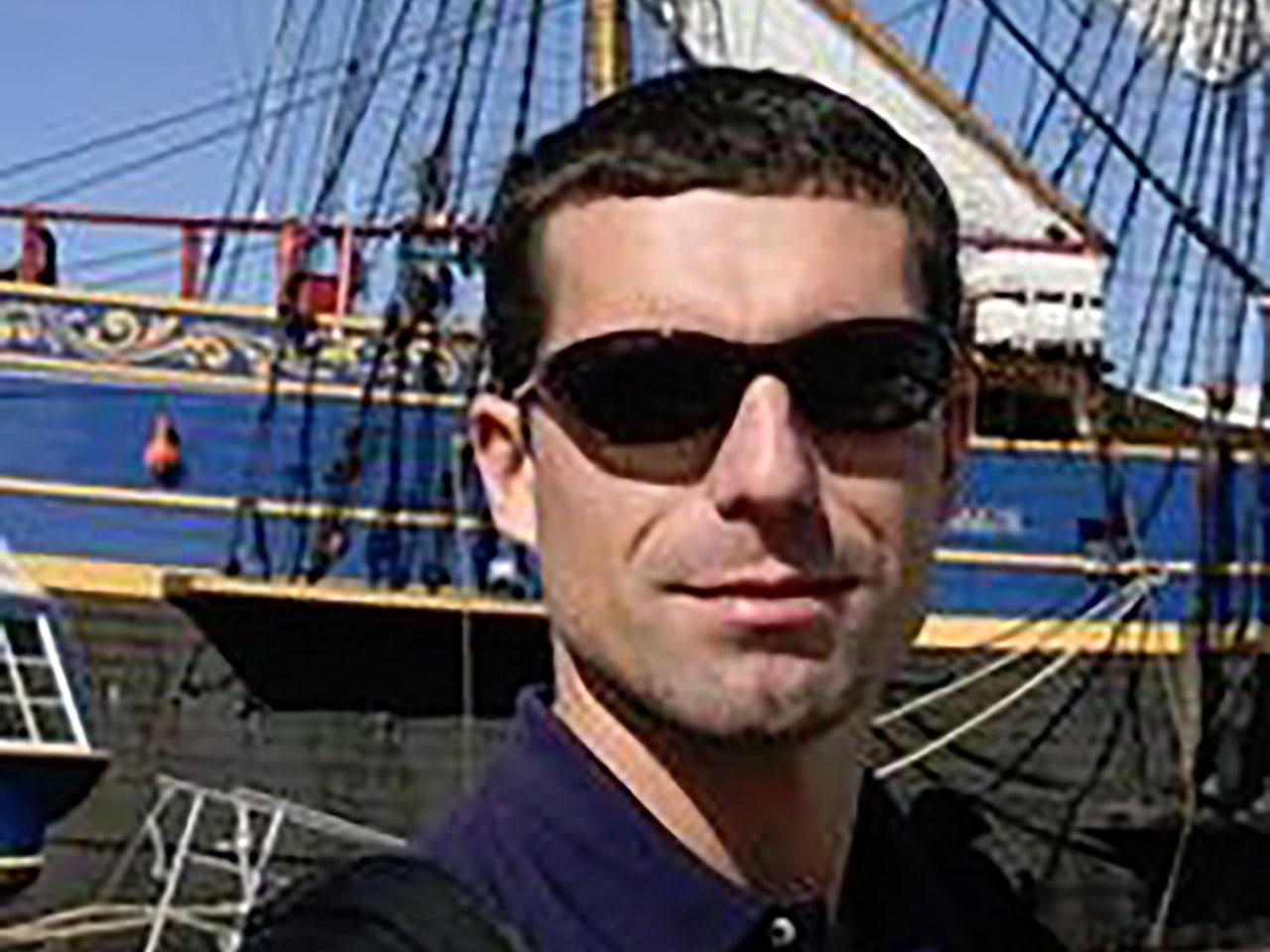
Piotr Bojakowski, Ph.D.
Originally from Poland, Dr. Bojakowski is a graduate of the Nautical Archaeology Program at Texas A&M University. His research interests include early modern Atlantic shipbuilding, ship archaeology, hull analyses and reconstruction, 16th– and 17th-century maritime history, as well as conservation of artifacts recovered from underwater sites. He has participated and directed numerous surveys and excavations in Northern and Mediterranean Europe, North America, and Southeast Asia. He is currently an Assistant Professor in the nautical program at Texas A&M.
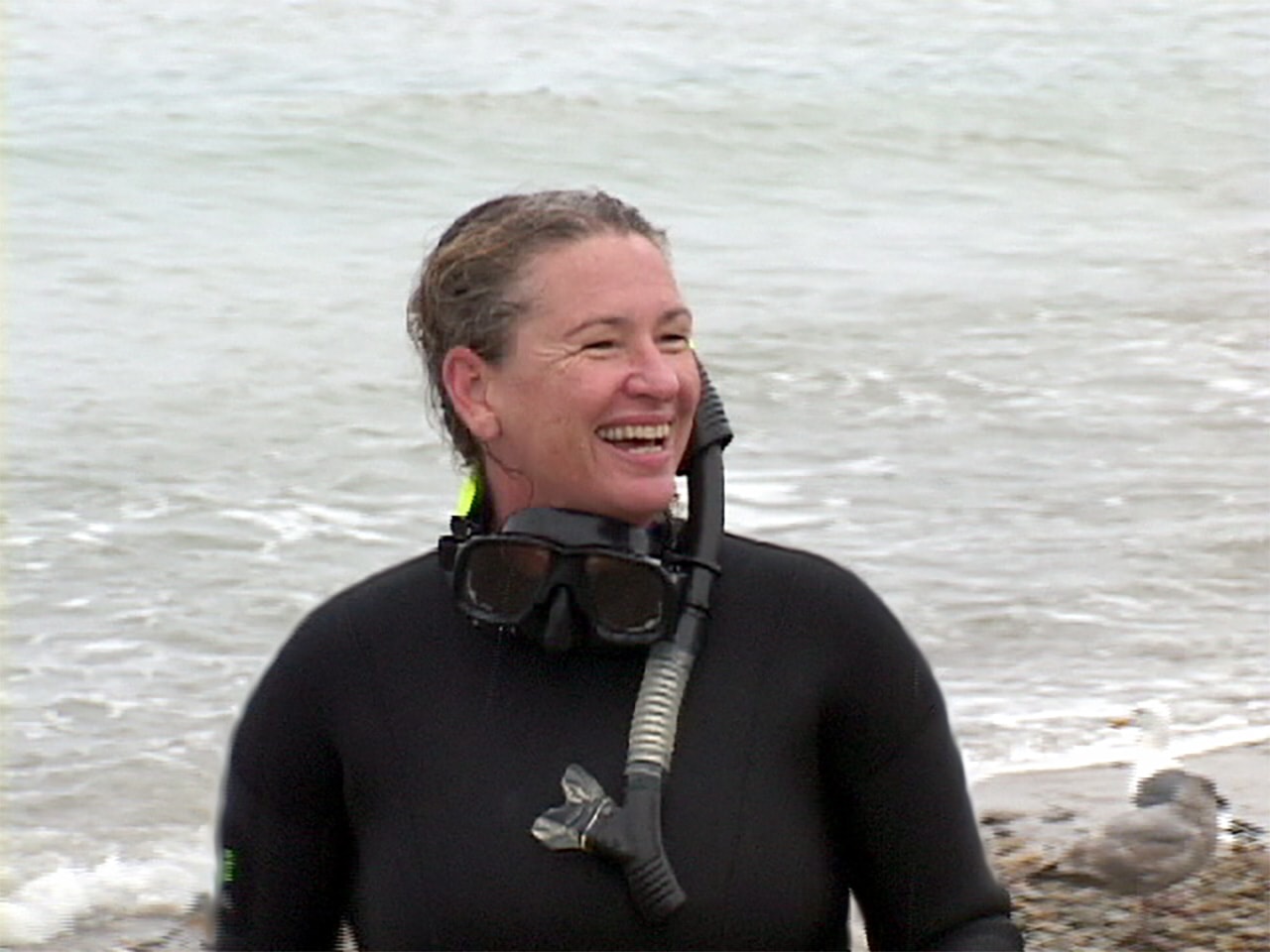
Laurel Harrison Breece, Ph.D.
Dr. Laurel Harrison Breece received her M.A. and Ph.D. in Archaeology from the University of California, Los Angeles. She teaches at Long Beach City College, where she is developing a Maritime Archaeology Science and Technology Program in collaboration with the school’s Underwater Robotics Program. An elected member of the Register of Professional Archaeologists since 1999, Dr. Harrison Breece has held a fellowship with the Smithsonian Tropical Research Institute and is a member of the Board of Directors of the Marine Conservation Research Institute of the Aquarium of the Pacific.
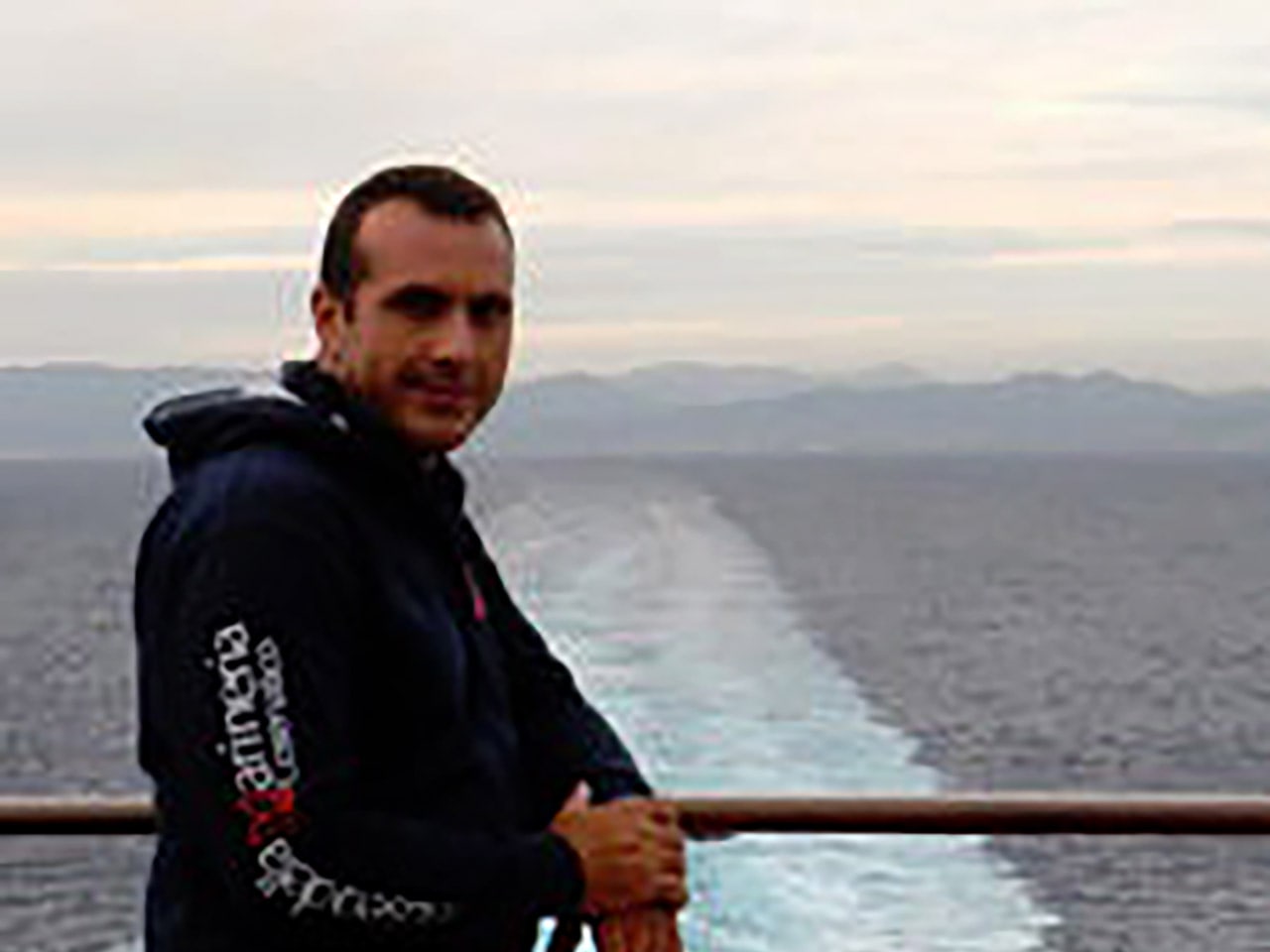
Massimo Capulli, D.Prof.
Dr. Capulli is Adjunct Professor of Methodology of Archaeological Research at the University of Udine (Italy). Dr. Capulli is currently coordinator of the Anaxum Project, the study of the history of River Stella (Northern Italy), and the SITULIS Project, which is focused on the development and preservation of the sewn or laced boatbuilding tradition in the upper Adriatic Sea. Dr. Capulli’s research interests include the preservation of cultural heritage and Mediterranean underwater landscapes.
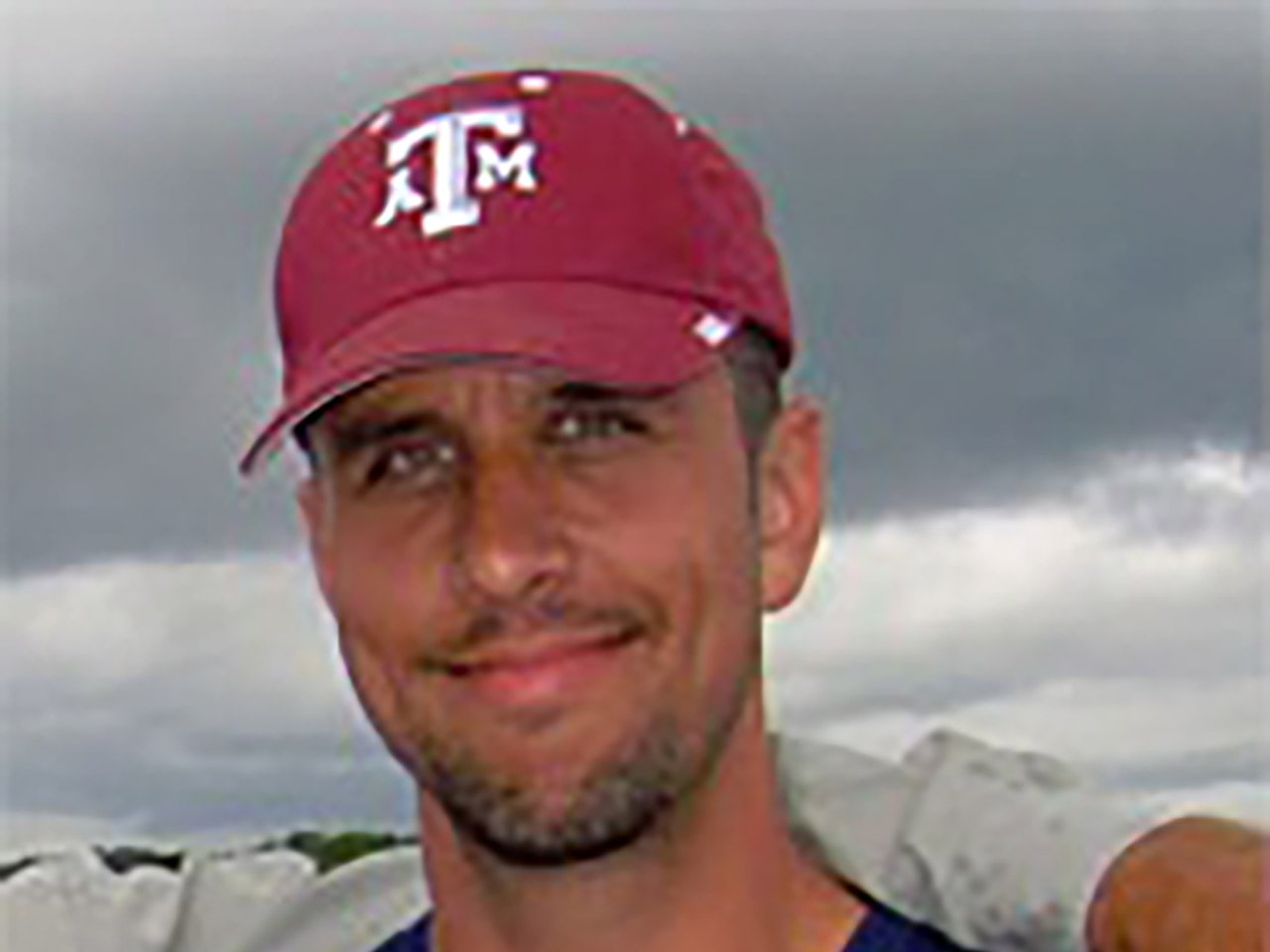
Chris Cartellone, Ph.D.
Dr. Cartellone received his M.A. from East Carolina’s Maritime Studies Program and his Ph.D. from Texas A&M University’s Nautical Archaeology Program. He researches the 18th-20th centuries and European New Imperialism. He focuses on the naval history and technology of the United States and Britain, as these societies evolved to modern nation-states. He specializes in remote sensing surveys to discover new shipwrecks. Since 2010, Chris has begun directing scientific explorations in St. Kitts & Nevis, West Indies, territorial waters.
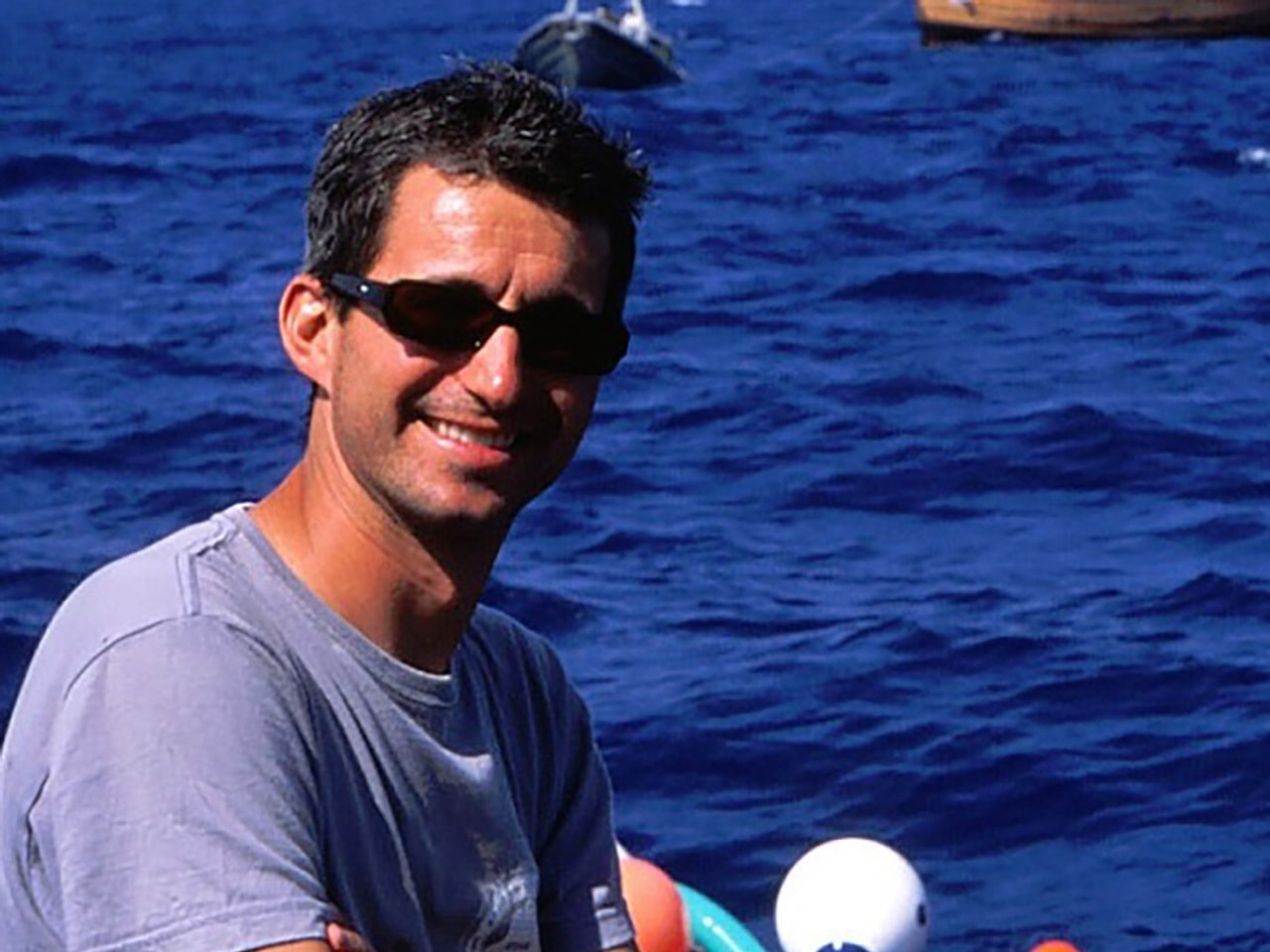
Jose Luis Casabán, Ph.D.
Dr. Casabán received his M.A. from the University of Leicester, and his Ph.D. from the Nautical Archaeology Program at Texas A&M University. His research focuses on Spanish naval technology and maritime culture during the 16th and 17th centuries. Dr. Casabán is currently investigating the conception, outfitting, and history of the Twelve Apostles, a series of newly-designed galleons built in Spain between 1589 and 1591. Since 2012, Dr. Casabán has been one of the co-directors of the Finisterre Shipwreck Survey which aims to study the shipwrecks of the 1596 Armada in northwest Spain.
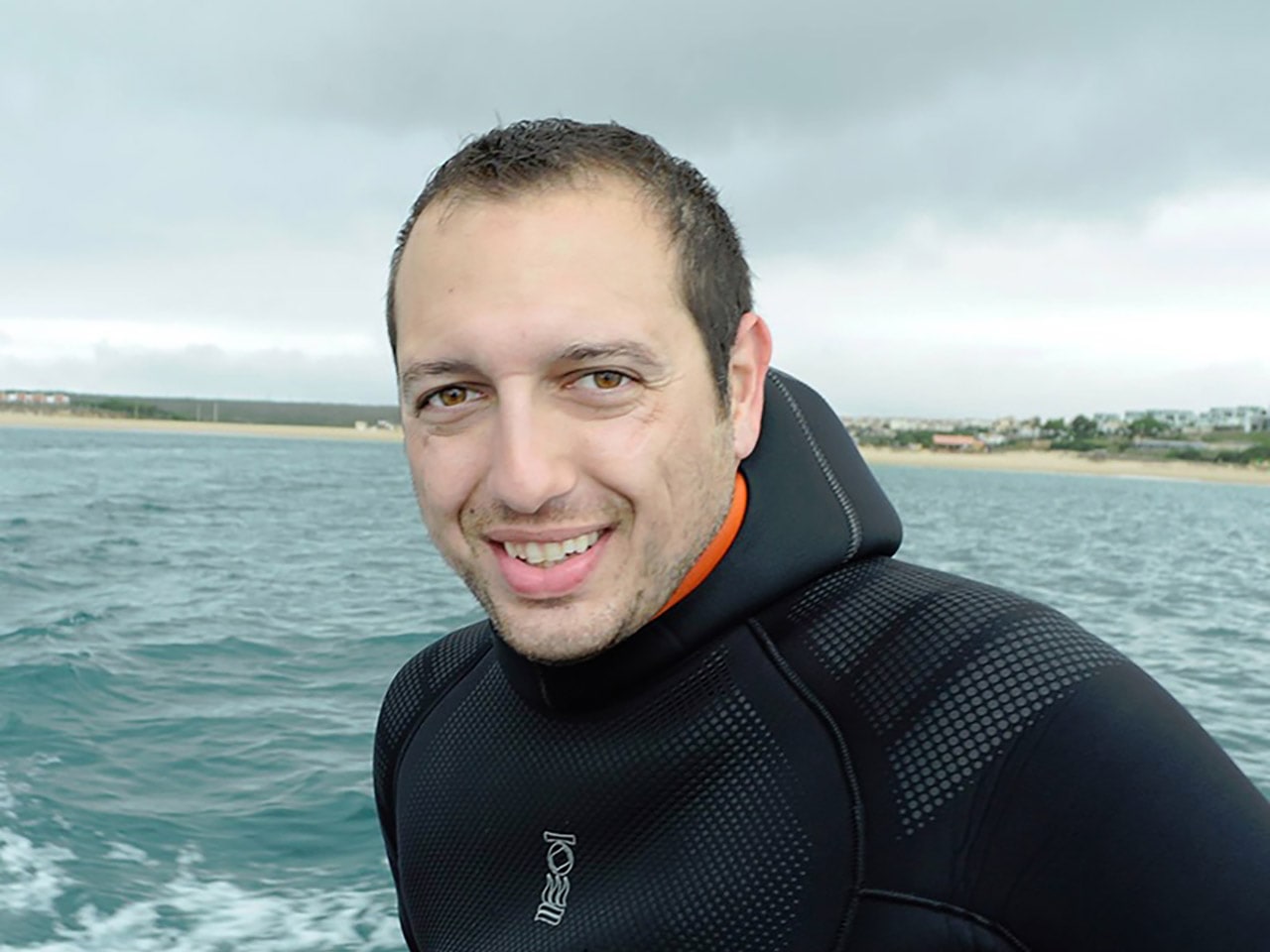
Alexis Catsambis, Ph.D.
Dr. Catsambis earned his M.A. and Ph.D. from Texas A&M University’s Nautical Archaeology Program in 2008 and 2012, respectively. He has directed and participated in a wide range of archaeological investigations. While focusing on the Mediterranean and Black Seas in antiquity, his practical experience spans to the North American continent and includes underwater visual surveys and site assessments, remote-sensing surveys, terrestrial excavations, as well as shallow- and deep-water excavations. Dr. Catsambis was a co-editor of the Oxford Handbook of Maritime Archaeology.
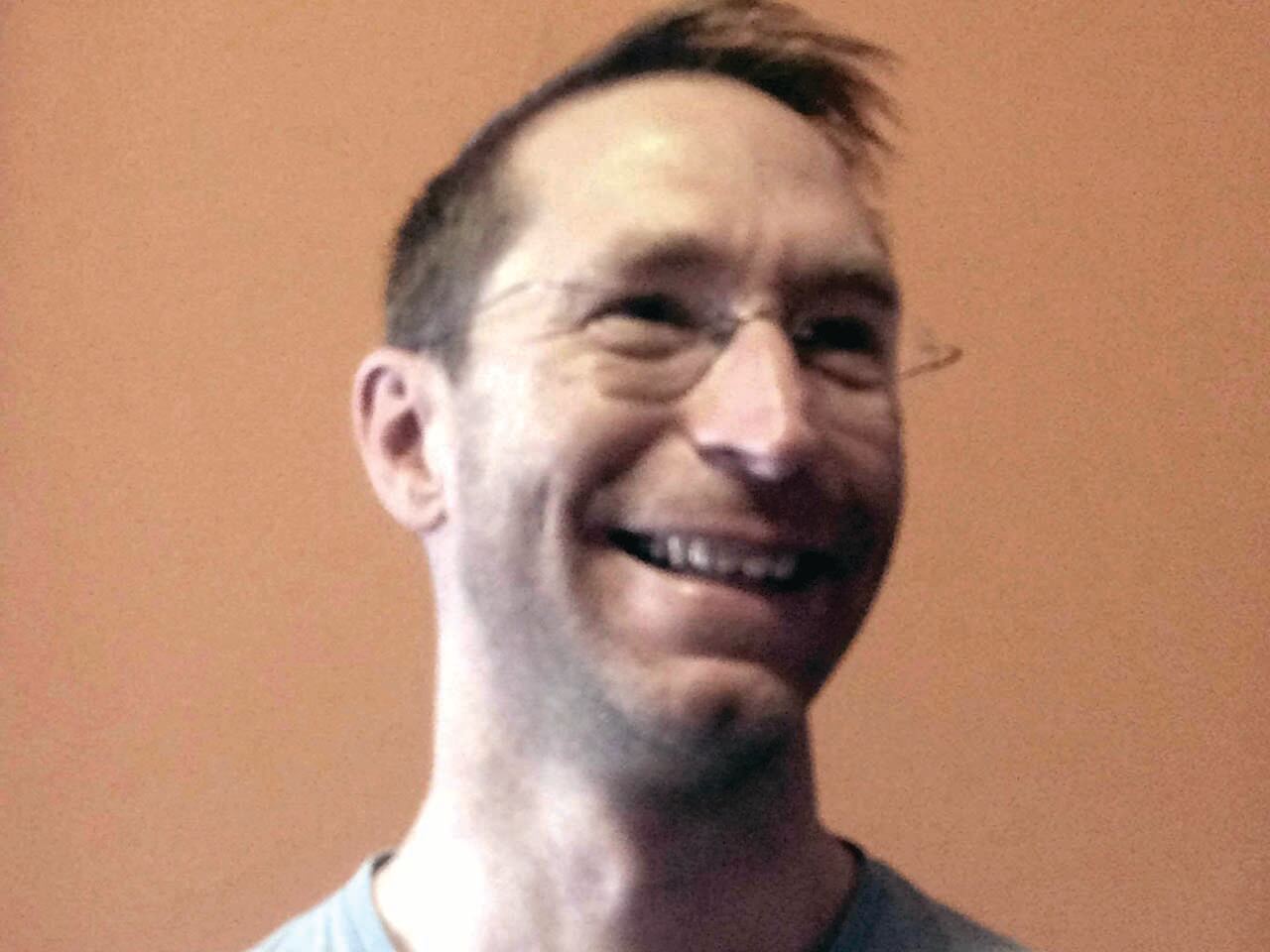
Matthew Harpster, Ph.D.
Between 2006 and 2013, Dr. Harpster worked in northern Cyprus with the Nautical Archaeology Society to implement the first and only bi-communal training program dedicated to educating the public on the necessity of protecting the island’s maritime heritage. In 2011, Dr. Harpster took on the role of Director for the Kyrenia Shipwreck Collection Restoration Program. He has participated in various Mediterranean projects, including the Survey of the Amalfi Costiera and surveys of the Karpaz peninsula, the first surveys in that region in over 20 years.
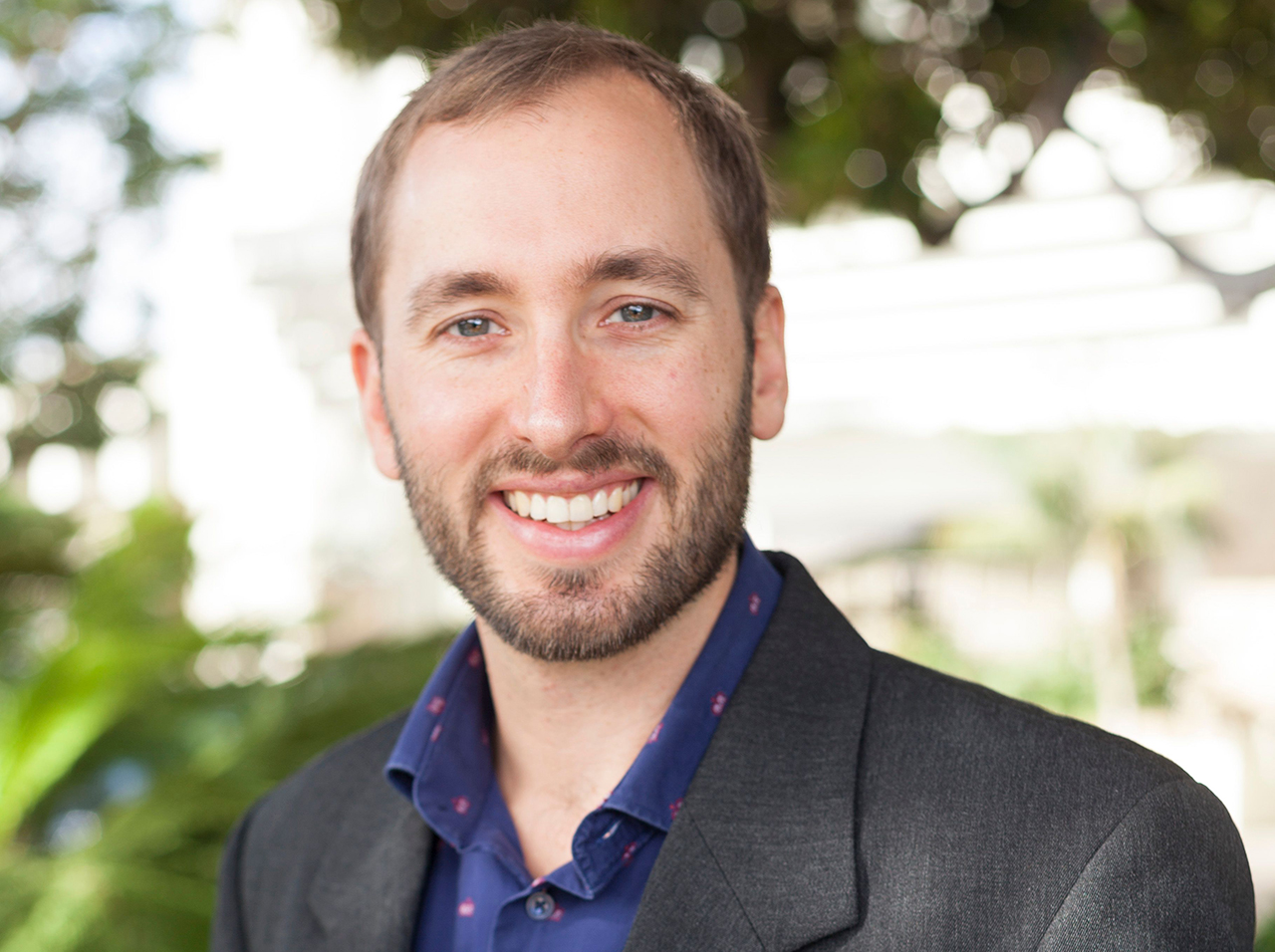
Douglas Inglis, Ph.D.
Dr. Inglis earned his M.A. and Ph.D. from Texas A&M University’s Nautical Archaeology Program in 2014 and 2020, respectively. His most recent work centers on Egypt's Old Kingdom boat models that appear frequently in ancient Egyptian burials. While his research interests focus on Egyptian watercraft, he is also experienced in 3D recording and has conducted underwater surveys and excavations all over the world.
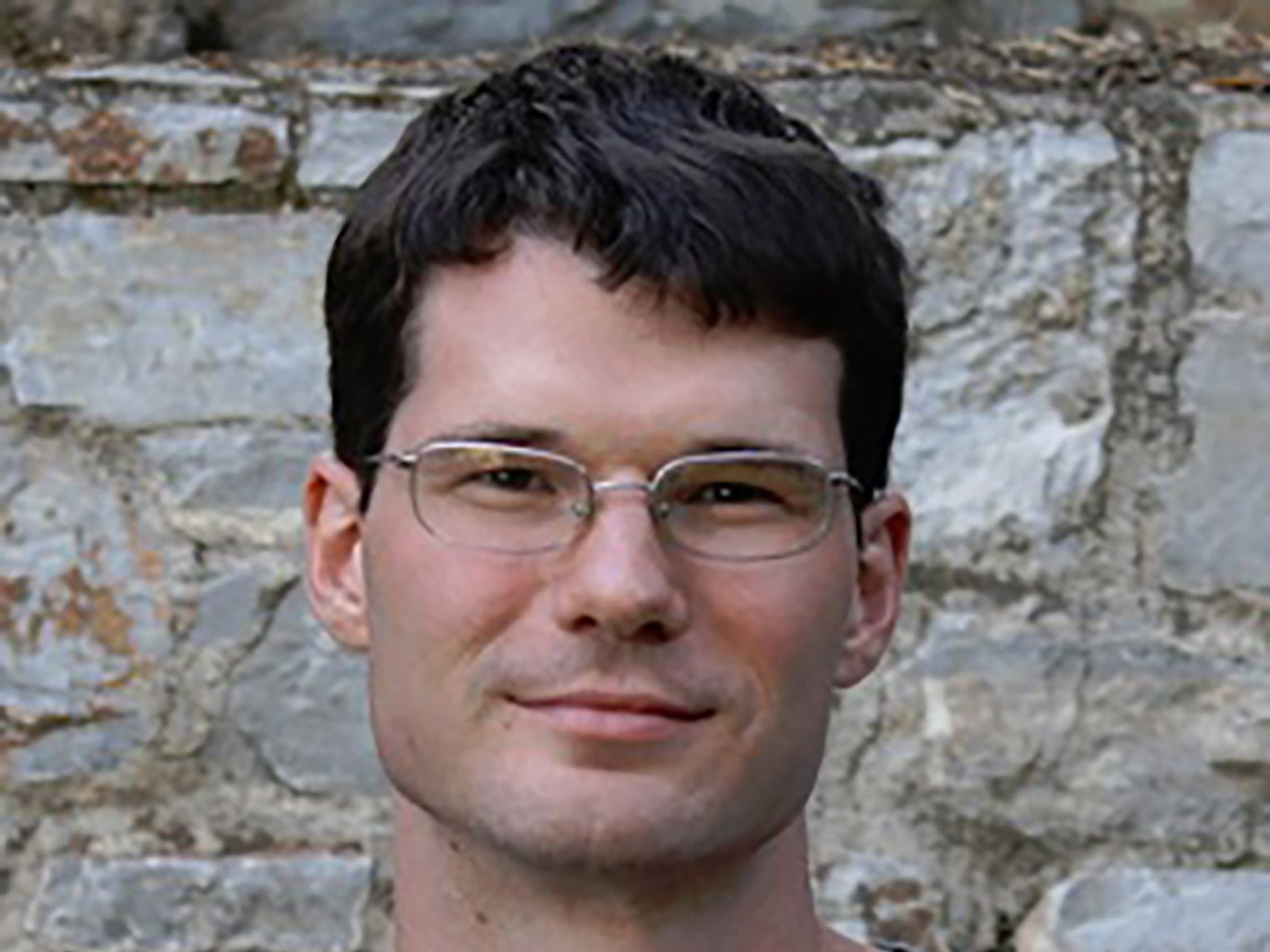
Michael Jones, Ph.D.
Dr. Jones’ research focuses on Mediterranean seafaring from the Bronze Age to the medieval period, with a particular focus on ship construction and maritime trade in the first millennium A.D. In Turkey, he has worked on INA projects since 2003, including the documentation of an Ottoman royal galley in the Istanbul Naval Museum, the cataloging of copper ingots from the Late Bronze Age Uluburun shipwreck, and, since 2005, the study of eight Byzantine shipwrecks in Istanbul’s Yenikapı neighborhood.
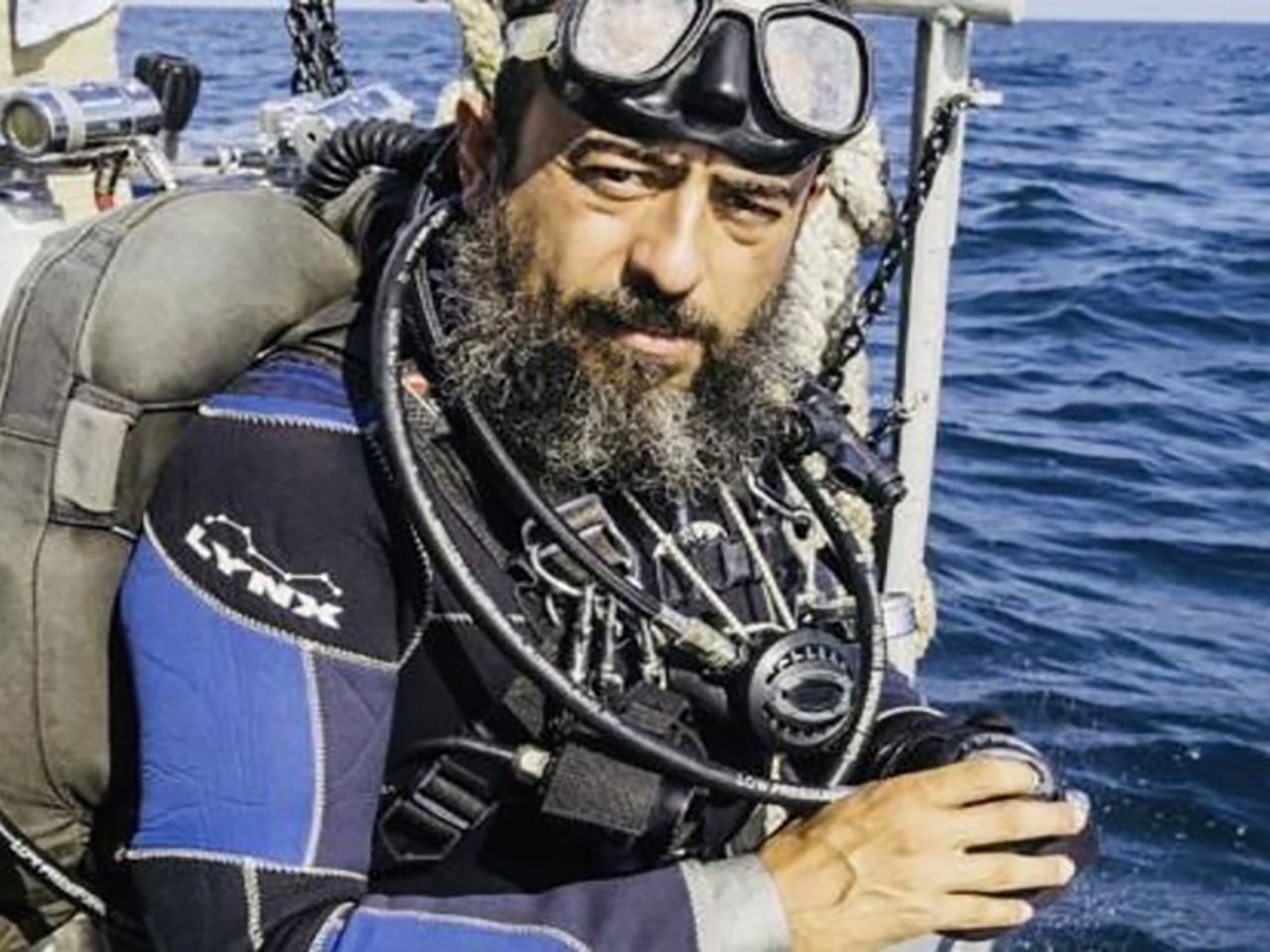
Roberto Junco, Ph.D.
Roberto Junco received his Ph.D. from Mexico’s Escuela Nacional de Antropologia e Historia in 2011. He currently serves as a Subdirector for the Underwater Archaeology division of Mexico’s Instituto Nacional de Antropologia e Historia (INAH). Dr. Junco’s projects include the Galeon de Manila, in Baja California; Survey of the Guadalupe Island, Mexico; and the survey of submarine USS H-1, Isla Santa Margarita, Mexico.
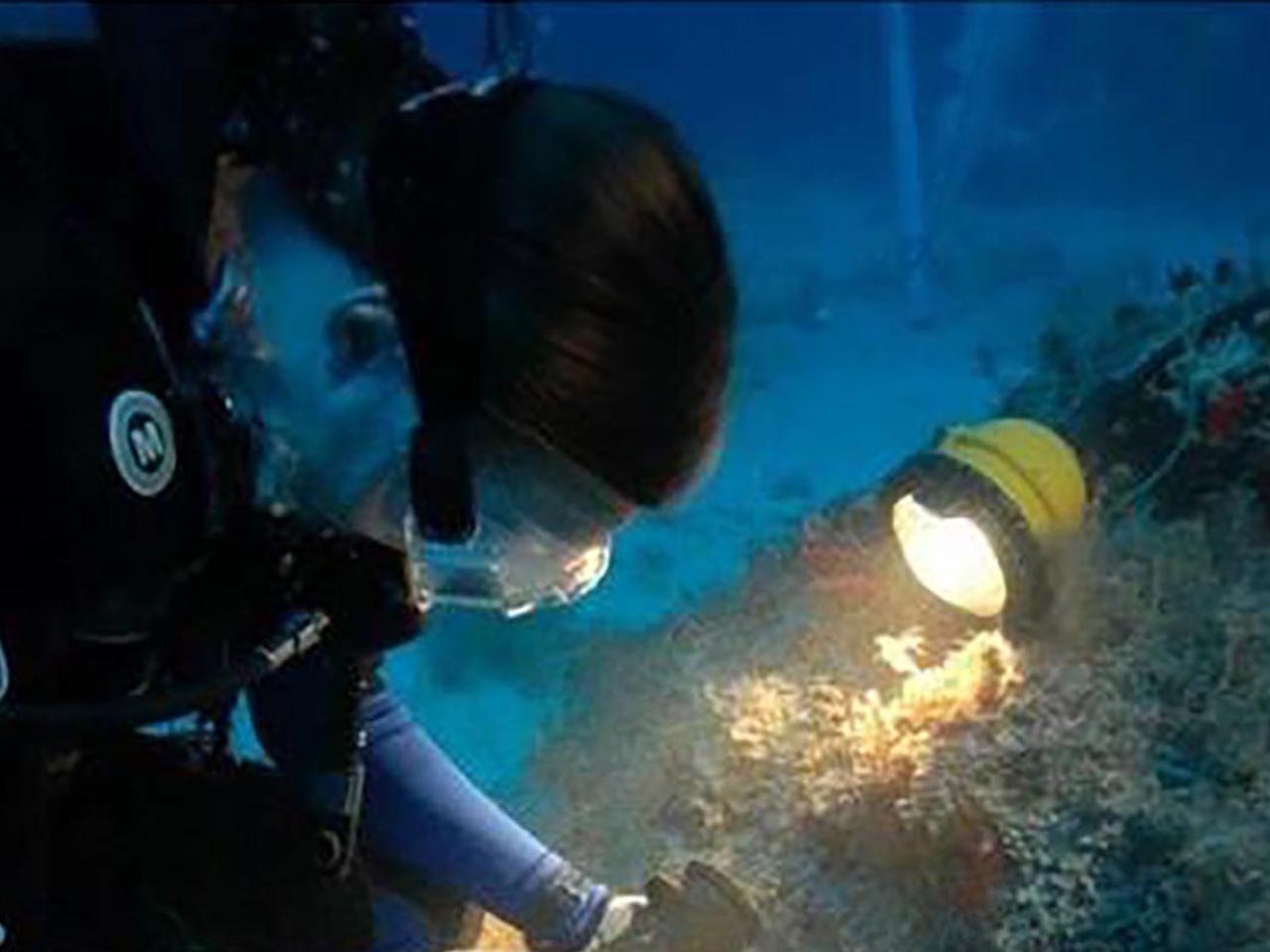
Kim Rash Kenyon, M.A.
After earning her M.A. from the Nautical Archaeology Program at Texas A&M University in 2012. Ms. Kenyon was hired as a conservator for the Queen Anne’s Revenge Project (QAR), where she went on to serve as field director. She has worked as a diver and conservator for the Kızılburun Column Wreck Excavation near Izmir, Turkey from 2006 until 2009 and the Cape Gelidonya Bronze Age Shipwreck near Finike, Turkey in 2010. Kim also served as Interim Head Conservator at INA’s Bodrum Research Center from 2009 until 2011.

Jun Kimura, Ph.D.
Dr. Kimura teaches in the Department of Maritime Civilizations at Tokai University, specializing in East Asian trading and the historical evolution and development of East Asian shipbuilding technology. Dr. Kimura is currently involved in an international collaborative project concerned with a naval battle site related to the Kublai Khan’s invasion of northern Vietnam, and planning to extend his project in Vietnam into historical maritime network in Ha Long Bay. He has worked on a number of terrestrial and underwater sites throughout Japan and Vietnam.
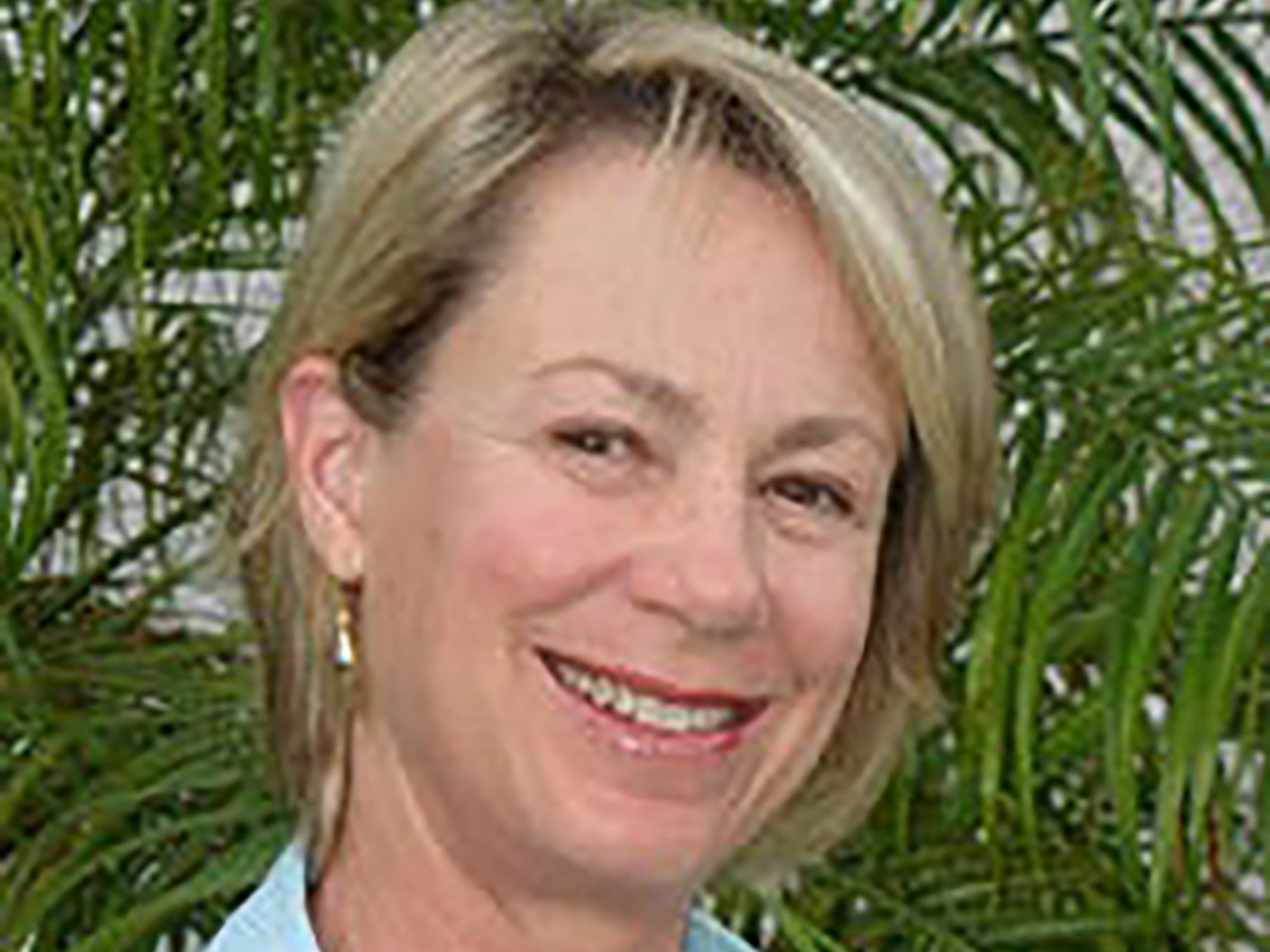
Margaret Leshikar-Denton, Ph.D.
Since 1980, Dr. Leshikar-Denton has worked with INA in the Caribbean, Mexico, the United States, Spain, and Turkey. She focuses on Caribbean seafaring, ships, and shipwrecks, including the 1794 loss of HMS Convert. In 1985, following employment with the Texas Historical Commission, she moved to the Caribbean to work with deep-diving submersibles. In 1990, she began a pioneering sixteen-year career with the Cayman Islands National Museum, where she is currently Museum Director.
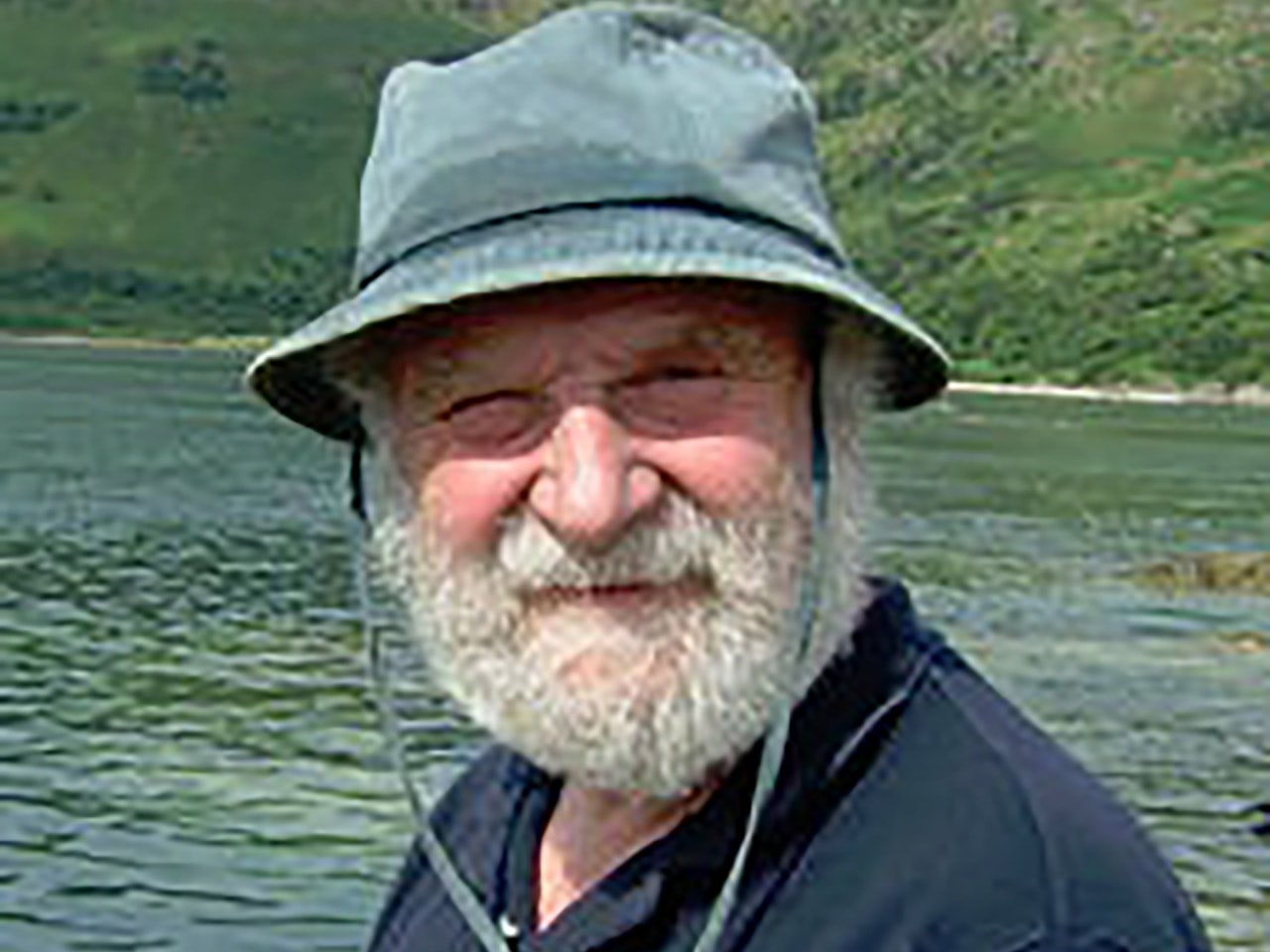
Colin Martin, Ph.D.
In 1968, Dr. Martin joined an expedition which found the Armada wreck Santa Marìa de la Rosa off the coast of southwest Ireland. He was involved in the resulting establishment of a research institute at St. Andrews University in Scotland and the investigation of two more Armada casualties, El Gran Grifón and La Trinidad Valencera. Dr. Martin is a past President and now Honorary Vice-President of the Nautical Archaeology Society, as well as a member of the UK’s Advisory Committee on Historic Shipwrecks.
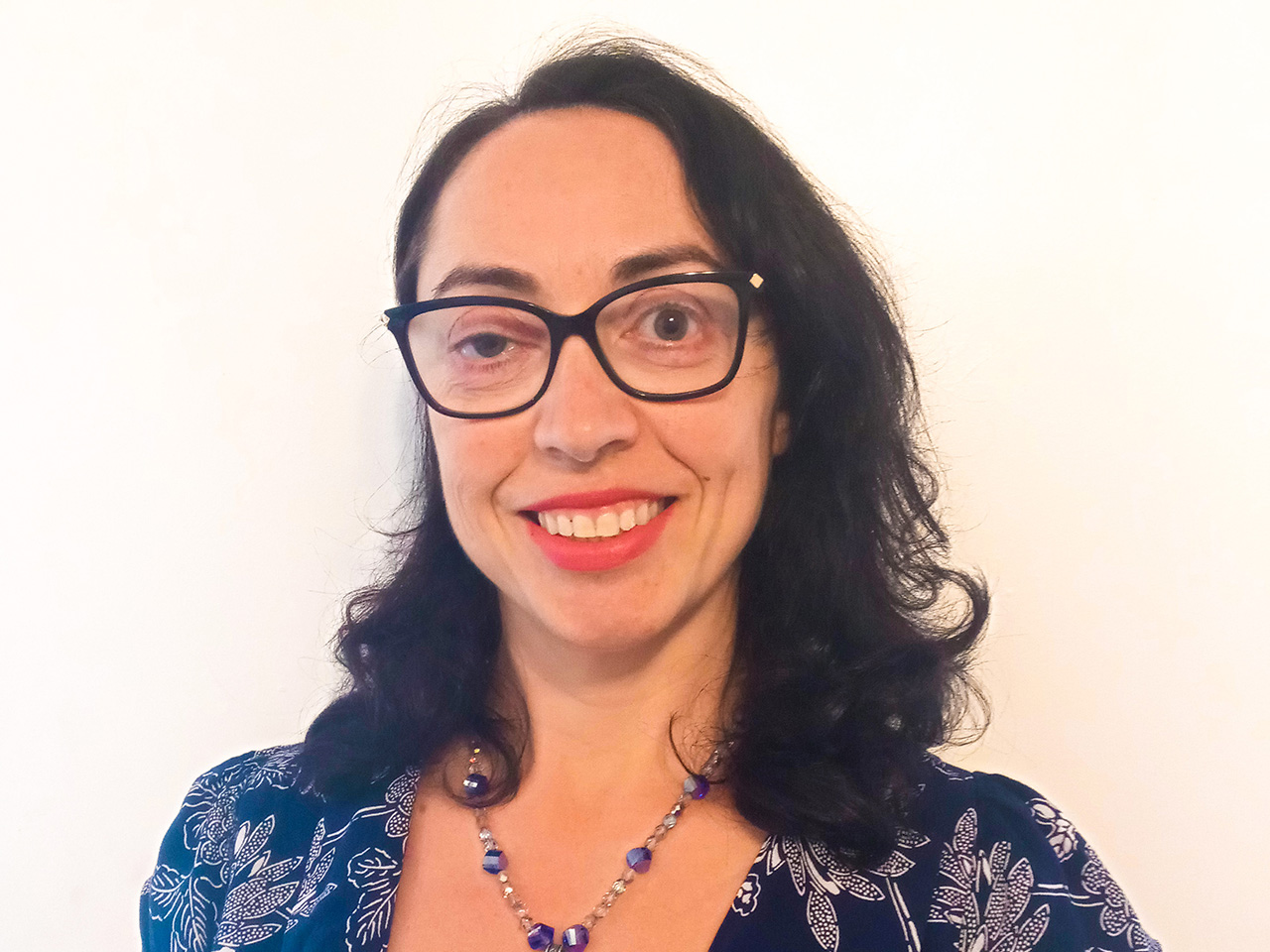
Alba Mazza, Ph.D.
Alba Mazza is an underwater archaeologist with more than 18 years of fieldwork experience in the Mediterranean. She obtained her Ph.D. in 2017 from the University of Sydney, Australia. Her research focuses on submerged settlements and human-environment interaction in the coastal zone. Her work also focuses on prehistoric seafaring and commercial navigation in Classical antiquity in Sicily – Italy. Alba currently works as Senior Archaeologist at the Partnership and Innovation Underwater team of the U.S. Defense POW/MIA Accounting Agency (DPAA) Henry M. Jackson Foundation (CTR).
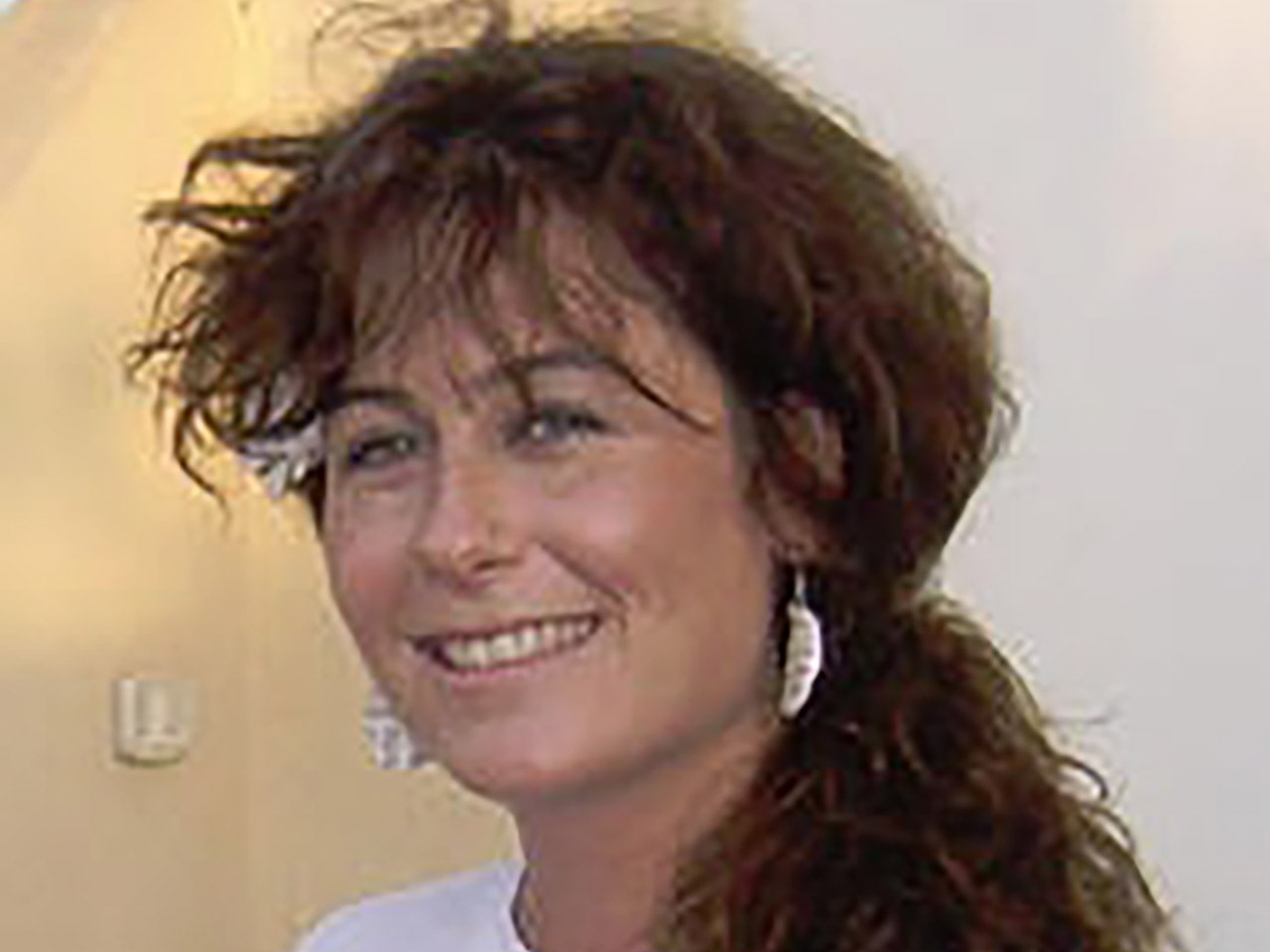
Veronica Morriss, M.A.
In the summers of 2009 and 2010, Ms. Morriss directed the search for a Hellenistic harbor in the Egyptian Nile Delta, forming the basis of her M.A. thesis in nautical archaeology at Texas A&M University. She has worked around the Mediterranean, diving beneath the murky waters of Alexandria, surveying Crete’s Kassian Strait for ancient trade routes, and excavating a 7th-century B.C. Phoenician shipwreck off the coast of Spain at Bajo de la Campana. Ms. Morriss’ research interests include early Islamic trade, coastal communities, and the rise of the Muslim navy.
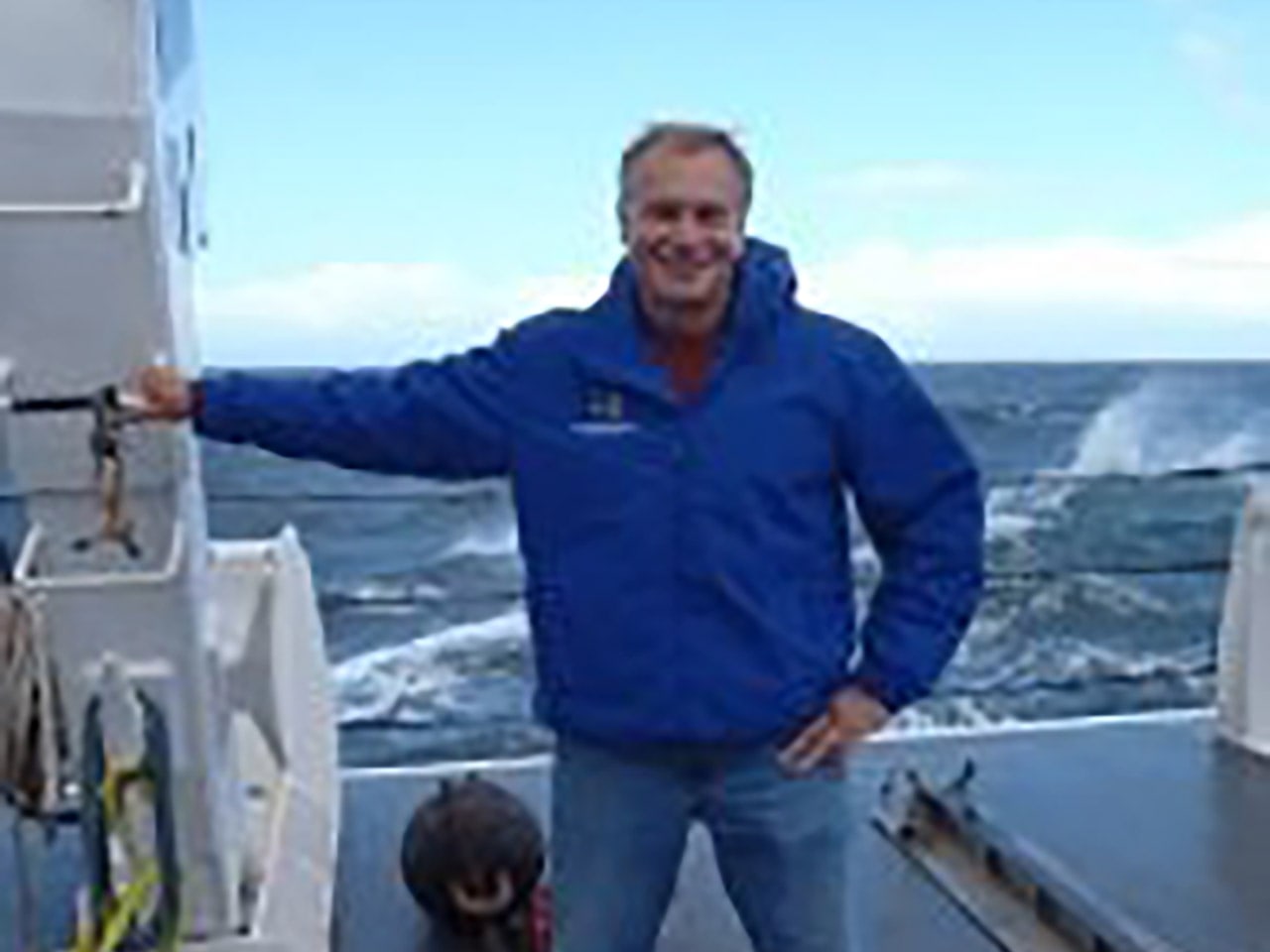
Robert Neyland, Ph.D.
From 1994 to 1996, Dr. Neyland worked as a Texas A&M University research scientist assigned to the Naval Historical Center in order to develop a program in underwater archaeology for the US Navy, where he oversaw development of Navy policy and management for US military ship and aircraft wrecks. From 1996 to the present, Dr. Neyland has worked as a Department of Navy civilian in the Naval History and Heritage Command and has been the Principal Investigator for numerous Navy shipwreck investigations and excavations.
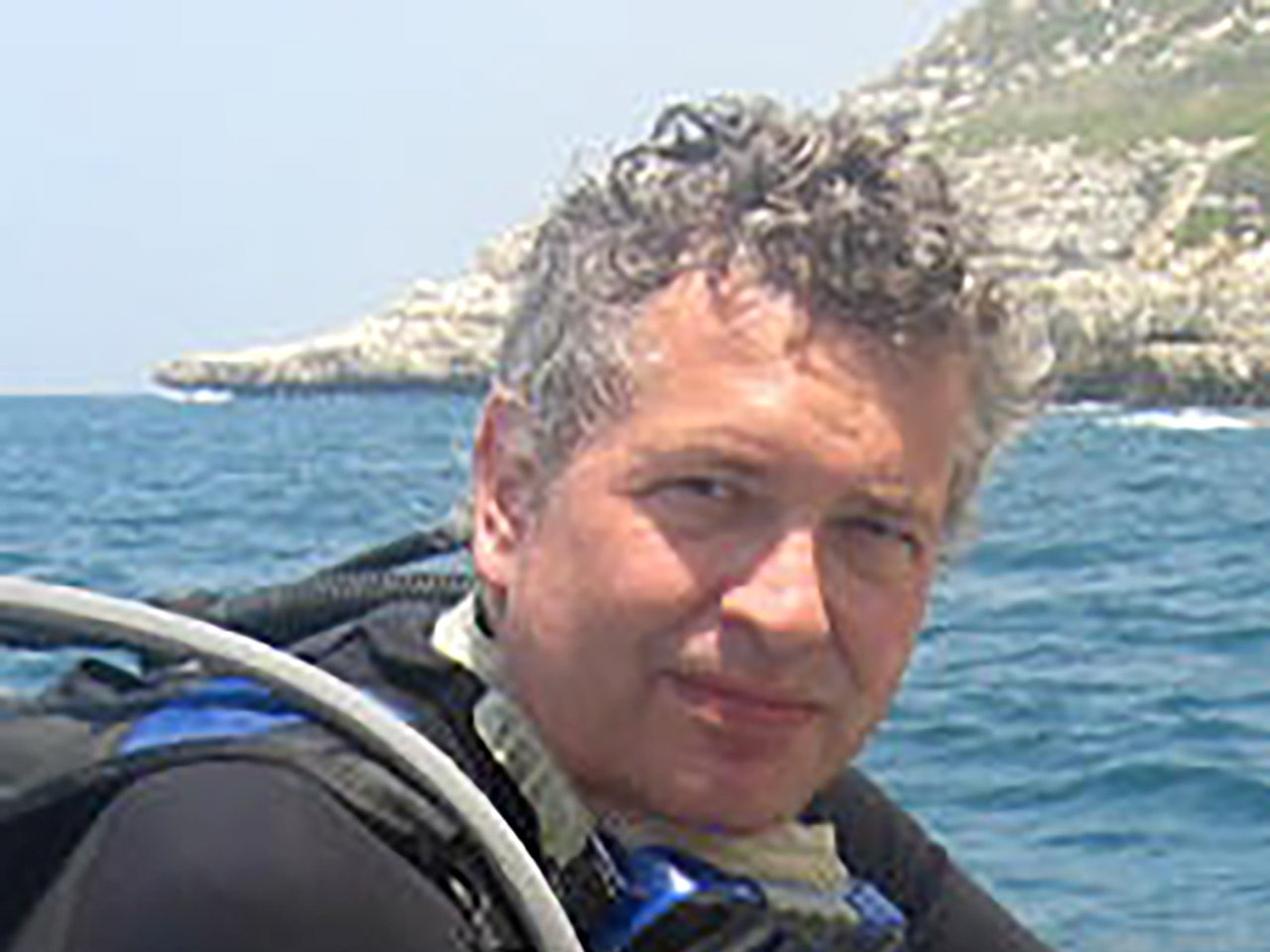
Ralph Pedersen, Ph.D.
Dr. Pedersen is an archaeologist specializing in the seafaring of the eastern Mediterranean, the Red Sea, the Persian Gulf, and Indian Ocean. He has been engaged in various underwater surveys in the Middle East and surrounding areas, including one in Saudi Arabia where he and colleague Dr. Rupert Brandmeier discovered two shipwrecks of pre-Islamic origin. Dr. Pedersen has served as a visiting professor at Philipps-Universität Marburg, the University of San Diego, and the American University of Beirut. In 2014, he founded the Red Sea Institute for Anthropological Research.
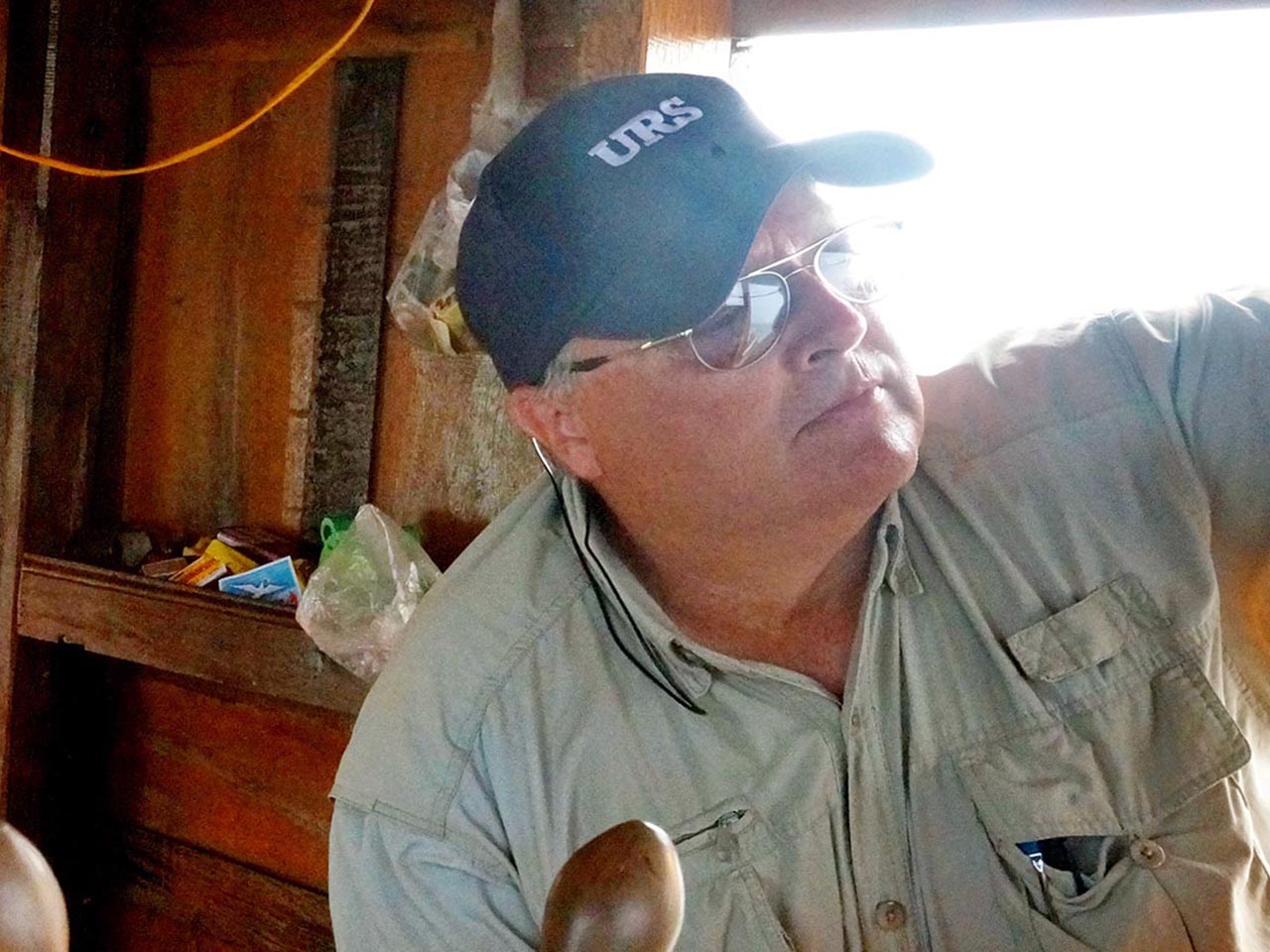
J.B. Pelletier, M.A.
Mr. Pelletier is a nautical archaeologist and remote sensing specialist with AECOM, a civil engineering firm in Washington, D.C. For several years, Mr. Pelletier has offered week-long seminars for Texas A&M University graduate students on remote sensing technology in nautical archaeology and assisted staff on several INA projects. He has overseen various terrestrial and underwater remote sensing surveys throughout the United States and Caribbean.
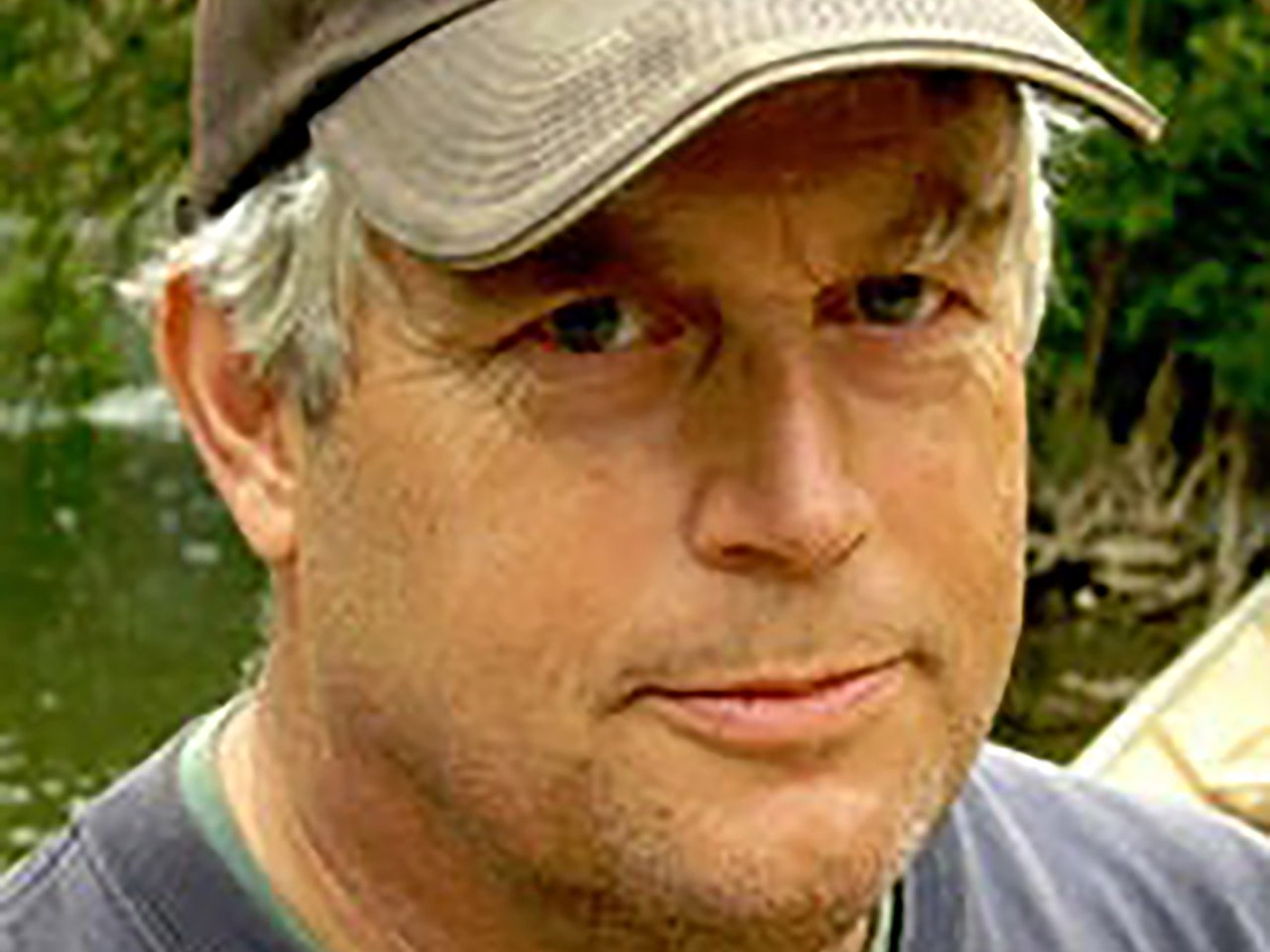
John Pollack, M.Sc.
Mr. Pollack is a former President of the Underwater Archaeological Society of British Columbia and an affiliate member of the British Columbia Association of Professional Archaeologists. His specialties include mapping with total stations of foreshore and underwater sites and stern-wheeler construction and nomenclature. Mr. Pollack has collected data and conducted surveys on sternwheelers from the Klondike Gold Rush. In 2015, The Canadian Geographic named Mr. Pollack among the nation’s top modern-day trailblazers.

Mark Polzer, M.A.
Mr. Polzer is a research associate in archaeology at Flinders University and a Prescott doctoral candidate in the departments of Archaeology and Classics & Ancient History at the University of Western Australia. His current research is focused on Phoenician maritime trade and colonial commercial activities in Spain, in particular from the late 7th century B.C. He is also interested in developing a comprehensive terrestrial, coastal, and deep-water survey of the Libyan coastline and Gulf of Sidra—the ancient Syrtis Major.

David Ruff, Ph.D.
Dave Ruff earned his Ph.D. through Nautical Archaeology Program at Texas A&M University in 2020. He served as co-director (with INA Affiliated Scholar Irena Radic-Rossi) of the Bay of Kastela Roman Shipwreck Excavation in Croatia, which was awarded the Claude Duthuit Archaeology Grant in 2015. He has a B.S. in Chemistry from the Naval Academy, and an M.S. in Acoustic Engineering from the Naval Postgraduate School. Dr. Ruff’s interests include deep water archaeology, Greek and Roman merchant shipping and warfare, Venetian galleys, and ancient ports around the Mediterranean.
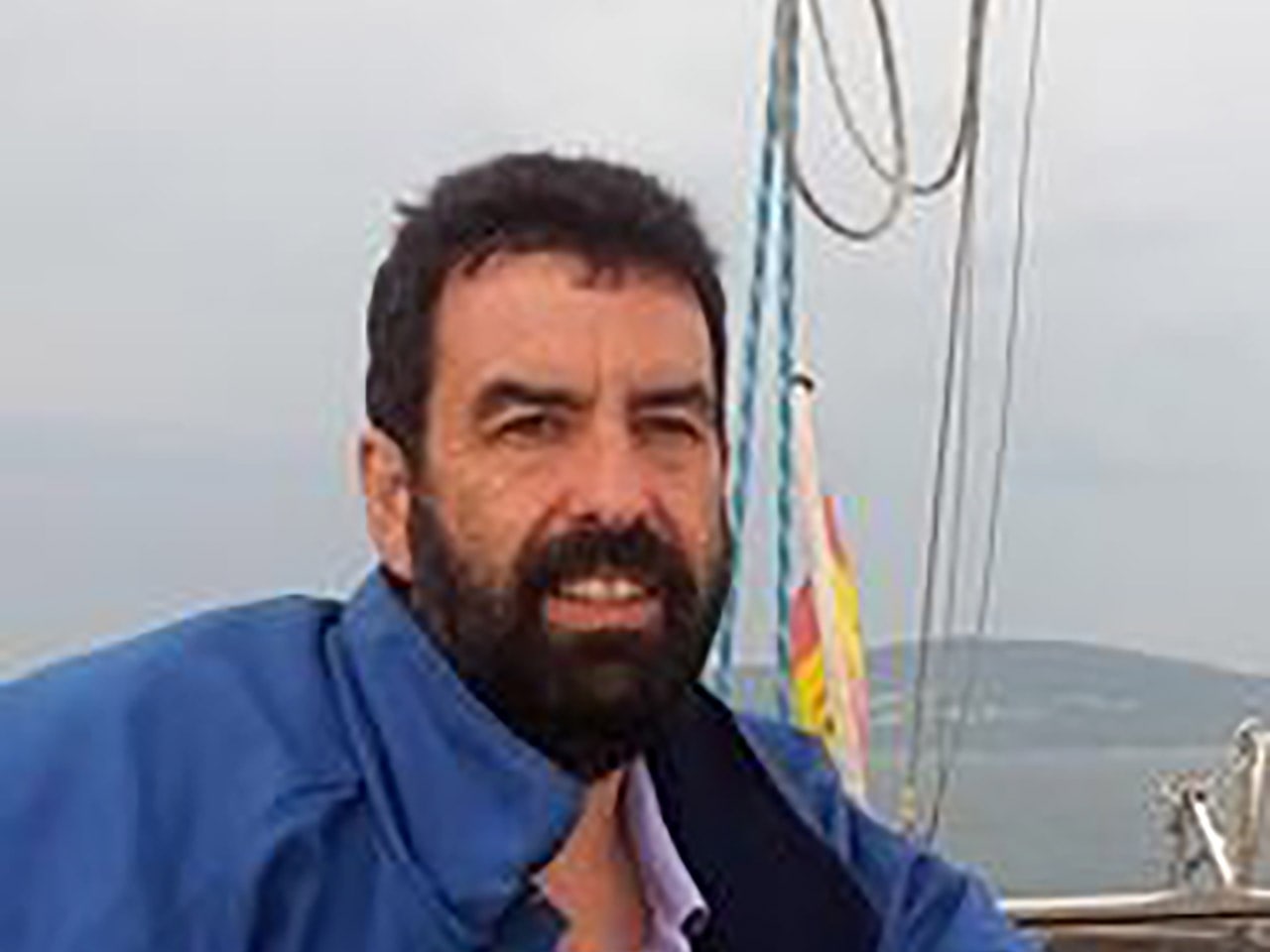
Miguel San Claudio, M.A.
Miguel San Claudio has worked in underwater archaeology since 1987 on the Atlantic and Mediterranean coasts of Spain. He was involved in projects such as Nave Fenicia (a Phoenician ship) and Costa in the Spanish National Underwater Archaeology Museum. He has directed more than 70 underwater projects in Galicia (Northwestern Spain) one of the most dangerous coasts in the world. Currently, Mr. Claudio is involved in the Finisterre Shipwreck Survey with INA to study 16th-century shipwrecks around Galicia.
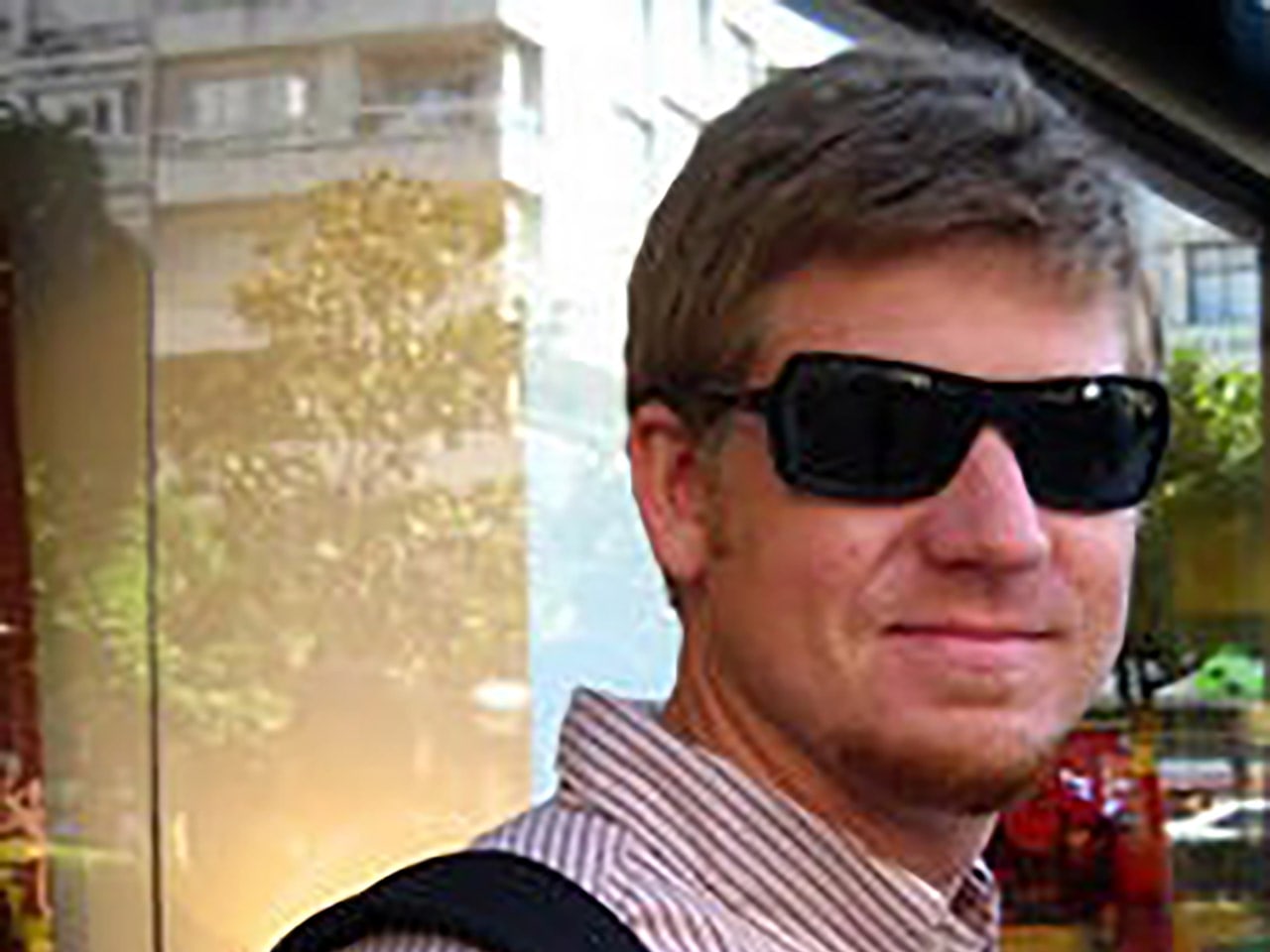
George Schwarz, Ph.D.
Dr. Schwarz began working for the Naval Historical Center’s Underwater Archaeology Branch (UAB) after receiving his M.A. and Ph.D. from the Nautical Archaeology Program at Texas A&M University. With UAB, he conducts naval ship and aircraft research, surveys, and excavations, and handles US Navy cultural resource management for underwater sites. Dr. Schwarz is directing an INA project documenting America’s earliest-known steamboat wreck, which sank after catching fire on Lake Champlain in 1819.
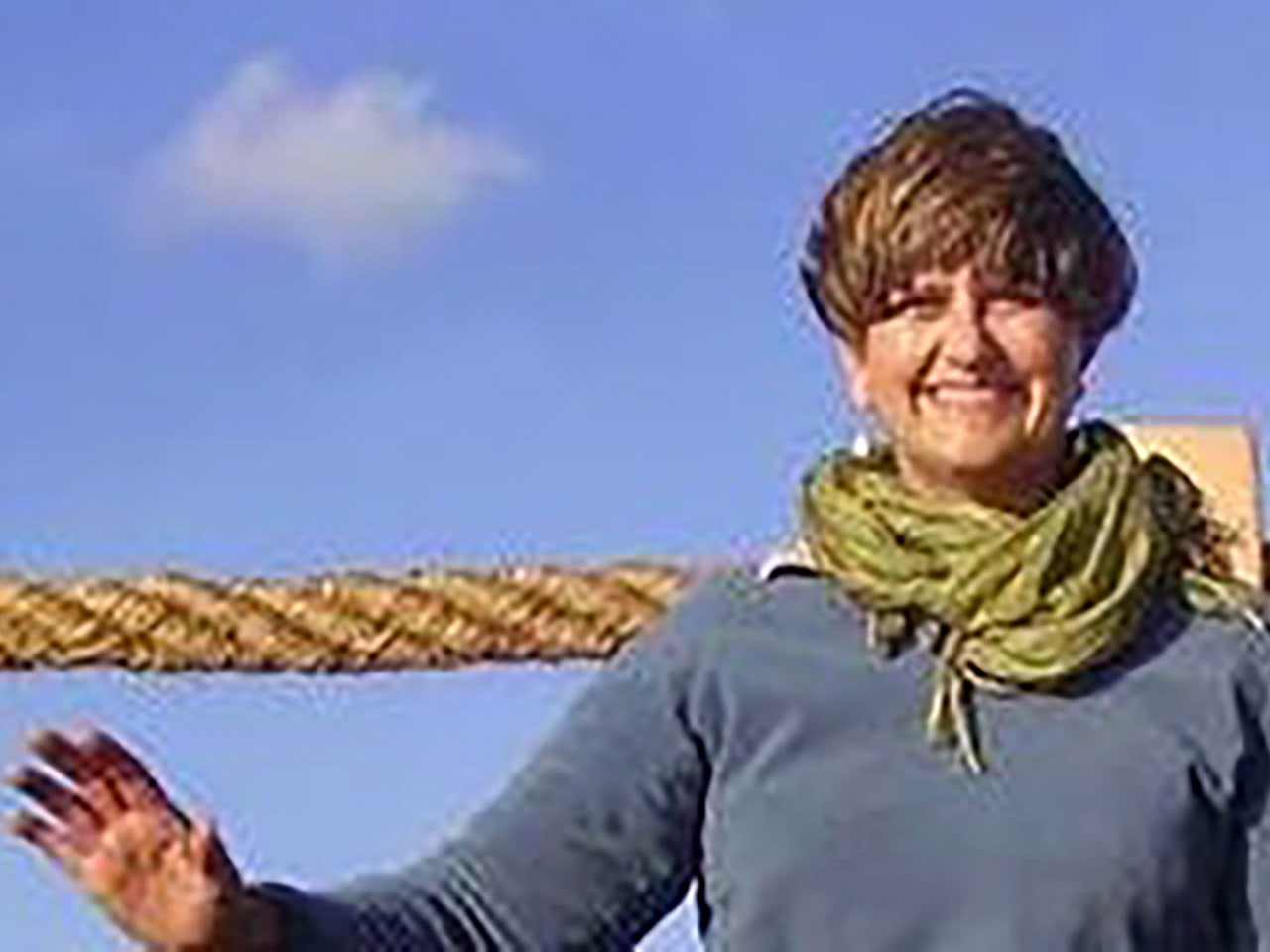
Cheryl Ward, Ph.D.
Dr. Ward is a maritime archaeologist and independent scholar. She currently serves as co-principal investigator for maritime artifacts at the pharaonic port at Wadi Gawasis on the Red Sea in Egypt. Dr. Ward was a Principal Investigator for the Black Sea Trade Project, an expedition which conducted remote surveys of both the ancient coastline and the deep anoxic layer in the Black Sea. Dr. Ward also worked as a ship reconstructor in the excavation of the oldest plank boats found at Abydos, Egypt.
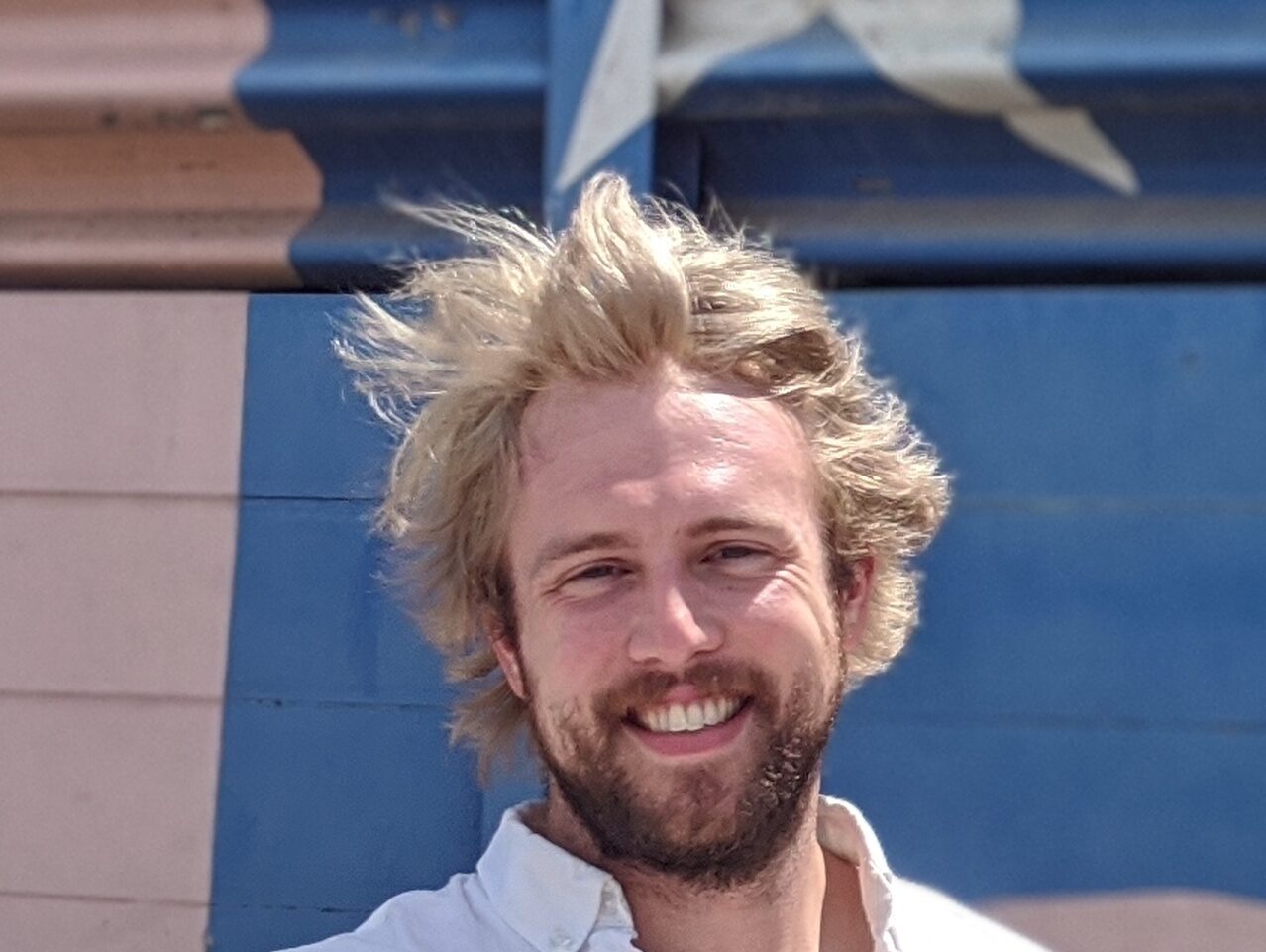
Phil Watson, M.A.
Philip Watson is a Ph.D. student at the University of Chicago. They study the maritime economy of the Late Roman Empire in the Balkans and Eastern Mediterranean, focusing on informal economic activities amongst shippers. Their interests also include economic anthropology, materiality, and imperialism and power in the ancient world.

